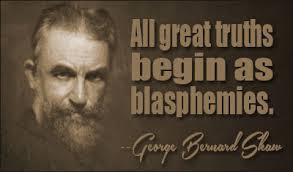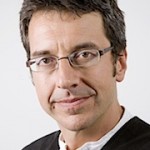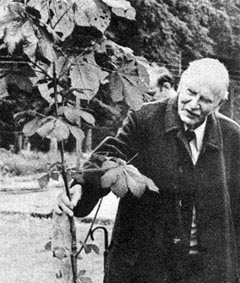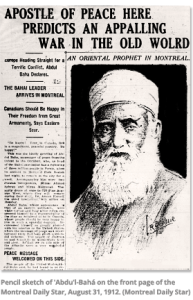I’m reading Malcolm Gladwell’s latest, David and Goliath. Like most of his books, this one takes things that we blandly believe to be true and asks questions, tells stories, and cites research to suggest that they ain’t necessarily so. In Blink, for example, Gladwell challenged the idea that sound decisions come only after long reflection, that following an impulse is always a bad idea; his Outliers is one of several recent books that punch holes in our belief in the solitary genius, the I-did-it-my-way exaltation of individualistic accomplishment.
David and Goliath argues that it wasn’t such a big upset when the shepherd boy stoned the slow-moving giant — he made what appeared to be a disadvantage into his ace-in-the-hole, by not playing the game the way the Philistine Tallboy arrogantly assumed it would be. In a chapter that spotlights the unusual proportion of noted entrepreneurs who suffer from dyslexia, Gladwell cites an advantage they have: used to being outcast, at failing repeatedly, they are not only inured to difficulty but they may also be less afraid to be disagreeable. At which point, Gladwell quotes a beloved old chestnut from George Bernard Shaw, and I get to my point!




